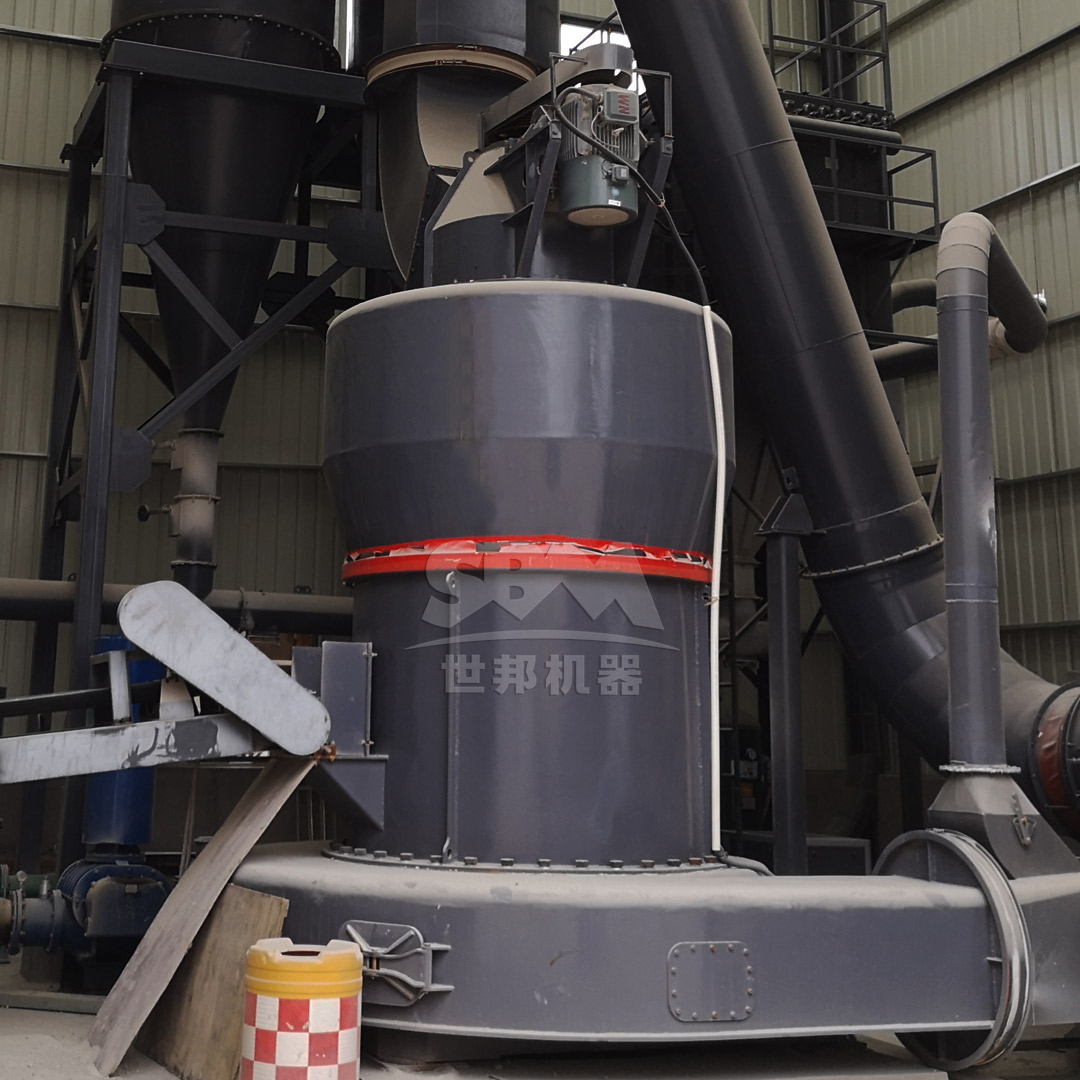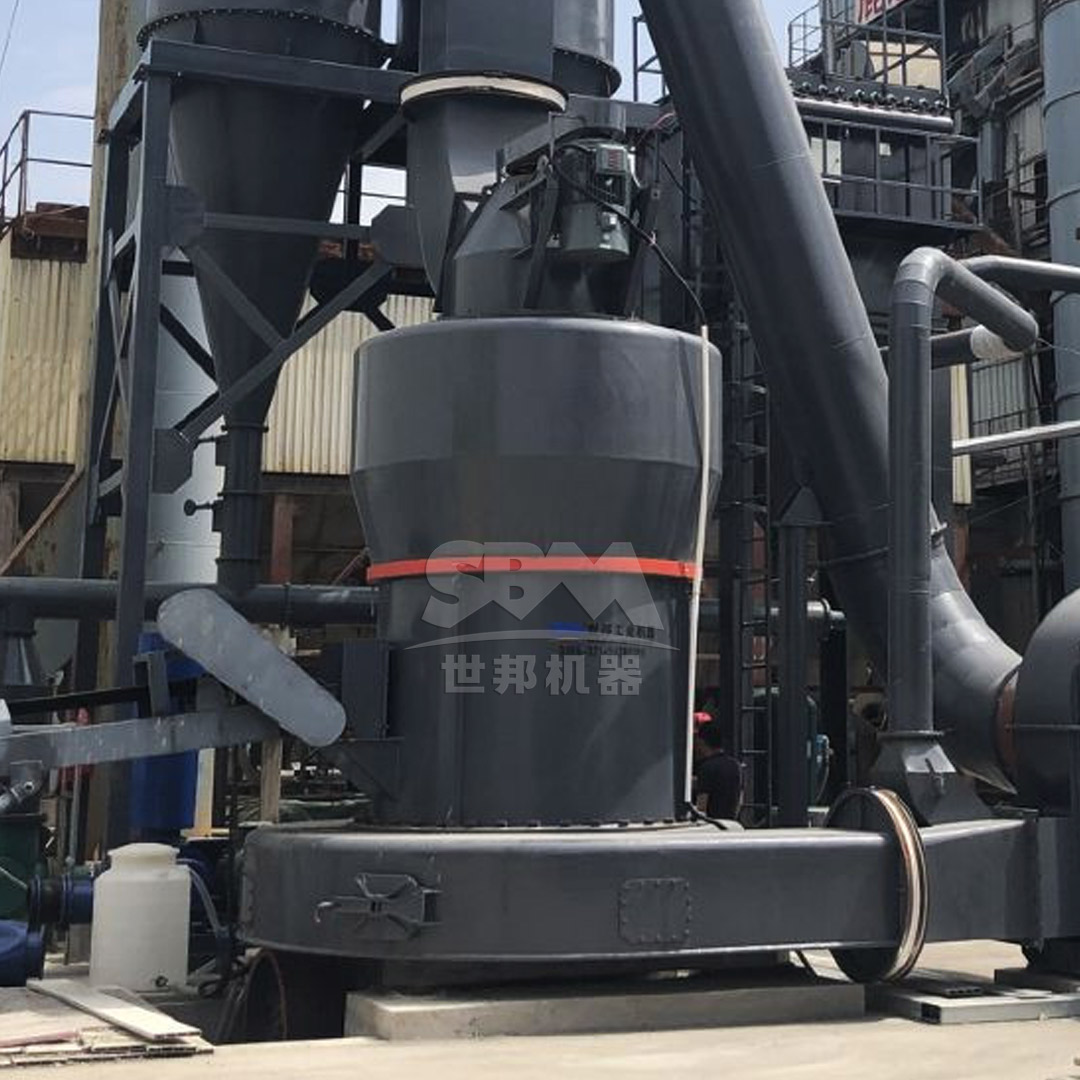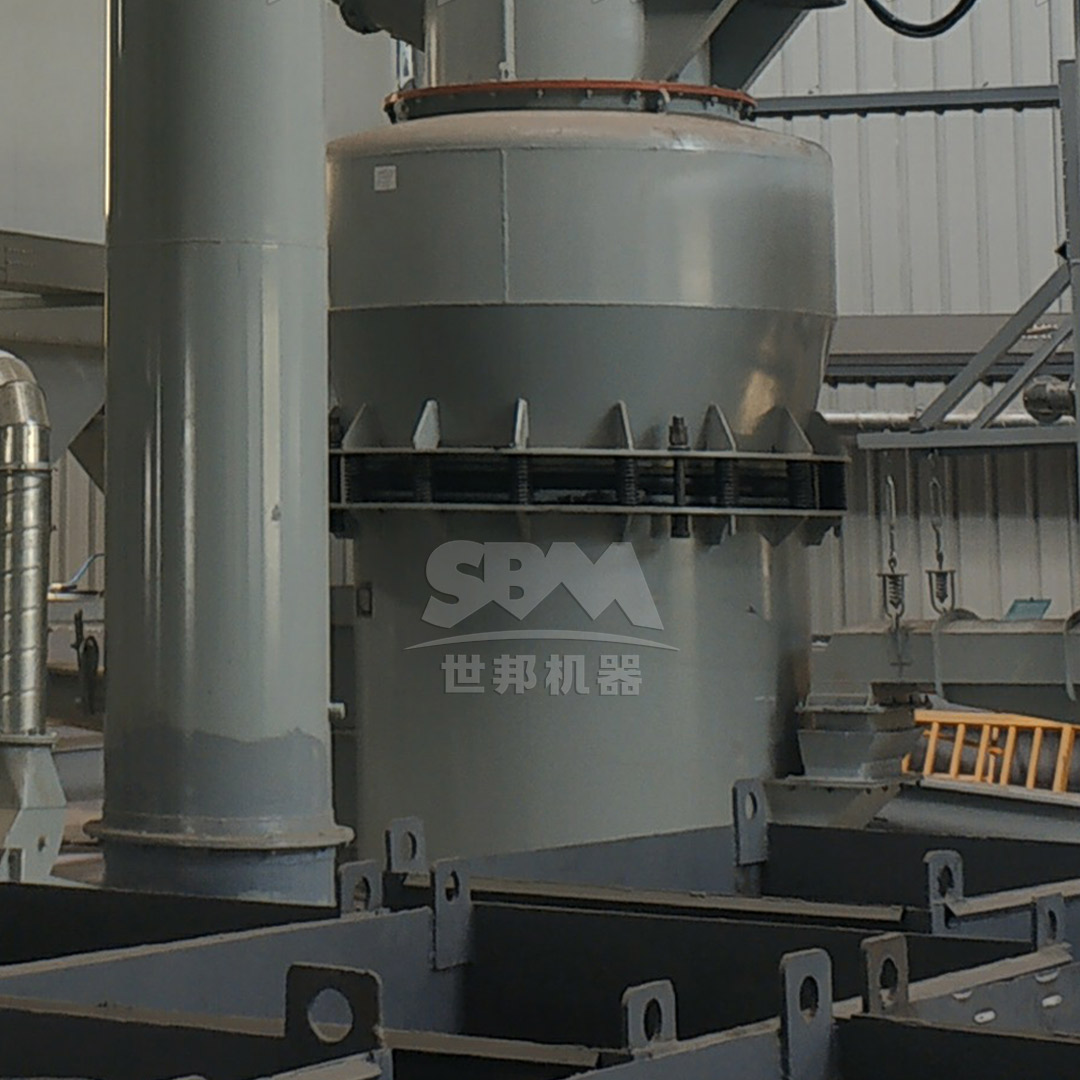The production of advanced ceramics demands exceptional material properties, with feldspar playing a crucial role as a fluxing agent in many ceramic formulations. The quality of feldspar powder directly impacts the final product’s mechanical strength, thermal stability, and surface finish. Achieving the optimal particle size distribution and purity requires specialized grinding equipment capable of precise control and consistent performance. This article explores the technical requirements for feldspar grinding in advanced ceramics applications and examines how modern milling technology addresses these challenges.

Advanced ceramics manufacturing imposes strict specifications on feldspar powder quality. The material must exhibit consistent chemical composition, controlled particle size distribution, and minimal contamination. Typical requirements include:
| Parameter | Standard Requirement | Premium Requirement |
|---|---|---|
| Particle Size (D97) | 45-75μm | 5-20μm |
| Iron Content | <0.5% | <0.1% |
| Moisture Content | <1% | <0.5% |
| Size Distribution | Narrow range | Ultra-narrow range |
For advanced technical ceramics, particle size distribution directly affects sintering behavior and final density. Uniform fine particles promote better packing density and reduce porosity in the fired ceramic body. The optimal size range varies by application, with electronic ceramics typically requiring finer particles than structural ceramics.
Contaminants, particularly iron, can adversely affect the electrical properties and color of advanced ceramics. Modern grinding systems must minimize iron introduction during the milling process through careful selection of wear materials and effective separation technologies.
Selecting the appropriate grinding technology depends on production scale, target particle size, and quality requirements. Different mill types offer distinct advantages for specific applications.

For applications requiring sub-20μm particles, such as electronic substrates and high-precision components, ultra-fine grinding technology becomes essential. The SCM Ultrafine Mill represents an optimal solution for these demanding applications. With its ability to produce powder in the range of 325-2500 mesh (D97≤5μm), this mill system delivers the precision required for advanced ceramics production.
The SCM series achieves remarkable efficiency through its innovative design. Compared to traditional jet mills, it offers double the production capacity while reducing energy consumption by 30%. The vertical turbine classifier ensures precise particle size control, eliminating coarse particle contamination in the final product. For ceramics manufacturers seeking consistent ultra-fine feldspar powder, the SCM800 to SCM1680 models provide scalable solutions from 0.5 to 25 tons per hour.
For conventional advanced ceramics where particle sizes between 30-325 mesh are acceptable, the MTW Series Trapezium Mill offers an excellent balance of performance and economy. Its curved air duct design minimizes energy loss while the combined shovel blade system reduces maintenance costs. The MTW series handles feed sizes up to 50mm and delivers throughput from 3 to 45 tons per hour, making it suitable for medium to large-scale production facilities.
Recent advancements in mill design have significantly improved feldspar processing for ceramics applications. These innovations address key challenges in particle size control, energy efficiency, and contamination prevention.
Modern grinding mills incorporate sophisticated control systems that automatically adjust operational parameters to maintain consistent product quality. The SCM Ultrafine Mill features intelligent control with automatic feedback on product fineness, ensuring stable output quality despite variations in feed material characteristics.
Precise particle size separation is critical for ceramics applications. The vertical turbine classifier in the SCM series enables accurate size cuts without coarse particle contamination. This technology ensures that the final feldspar powder meets the strict specifications required for advanced ceramics manufacturing.
Minimizing iron contamination from wear parts represents a significant challenge in feldspar grinding. Modern mills address this through specialized materials for rollers and grinding rings, extending service life while maintaining product purity. The SCM series utilizes special material rollers and grinding rings that last several times longer than conventional options.

Successful feldspar grinding for ceramics requires attention to several operational factors beyond equipment selection.
Proper preparation of feed material significantly impacts grinding efficiency and product quality. Crushing to appropriate size (typically ≤20mm for ultra-fine mills) ensures stable operation and optimal energy utilization. Pre-drying may be necessary to achieve moisture content below 1%.
Modern grinding systems function as part of an integrated process line. Proper integration with feeding, collection, and dust control systems ensures optimal performance. The pulse dust collector in the SCM series exceeds international standards with efficiency over 99.9%, critical for maintaining clean production environments.
Grinding represents a significant portion of energy consumption in ceramics production. Modern mills address this through optimized design and intelligent control. The SCM series demonstrates 30% lower energy consumption compared to conventional jet mills while delivering higher throughput.
A leading electronic ceramics manufacturer recently upgraded their feldspar grinding system to the SCM1000 Ultrafine Mill to address quality consistency issues. The previous system produced inconsistent particle size distribution, leading to variations in sintering behavior and final product properties.
| Parameter | Before Upgrade | After SCM1000 Installation | Improvement |
|---|---|---|---|
| Particle Size Variation | ±15% | ±3% | 80% reduction |
| Iron Contamination | 0.3% | 0.08% | 73% reduction |
| Energy Consumption | 85 kWh/ton | 62 kWh/ton | 27% reduction |
| Production Rate | 5.2 ton/h | 7.8 ton/h | 50% increase |
The implementation resulted in significantly improved product consistency, with reject rates decreasing from 8.2% to 1.5%. The automated control system reduced operator intervention while maintaining tighter quality parameters. The noise level of ≤75dB also improved working conditions compared to the previous system.
The evolution of grinding technology continues to address the changing needs of the ceramics industry. Several trends are shaping the future of feldspar processing:
Integration of IoT technologies enables predictive maintenance and remote monitoring of grinding systems. Real-time data collection and analysis optimize operational parameters and identify potential issues before they affect product quality.
Increasing emphasis on environmental performance drives development of more efficient grinding systems with lower energy consumption and minimal environmental impact. Modern mills already achieve noise levels below 75dB and dust emissions that exceed regulatory requirements.
As ceramics formulations evolve, grinding systems must accommodate varying material requirements. Modular designs and adjustable parameters allow mills to process different feldspar types and meet changing product specifications.
The production of advanced ceramics demands precise control over feldspar powder characteristics. Modern grinding technology, particularly ultra-fine mills like the SCM series, provides the necessary capabilities to meet these stringent requirements. With advanced classification, intelligent control, and optimized wear materials, these systems deliver consistent, high-quality feldspar powder while improving energy efficiency and reducing environmental impact. As ceramics technology continues to advance, grinding systems will evolve to address emerging requirements, supporting the development of next-generation ceramic materials and applications.
For manufacturers seeking to optimize their feldspar processing for advanced ceramics, the SCM Ultrafine Mill offers a proven solution that balances performance, efficiency, and product quality. With models scalable from laboratory to industrial production, this technology supports both current needs and future growth in the advanced ceramics sector.